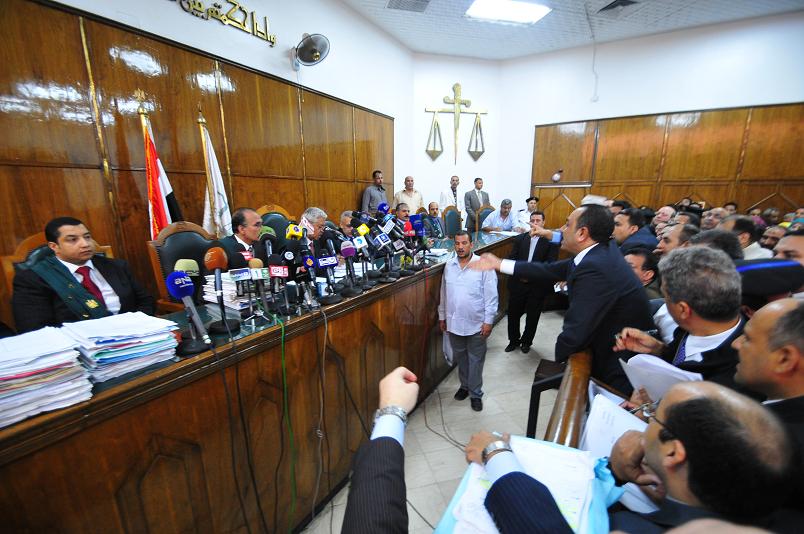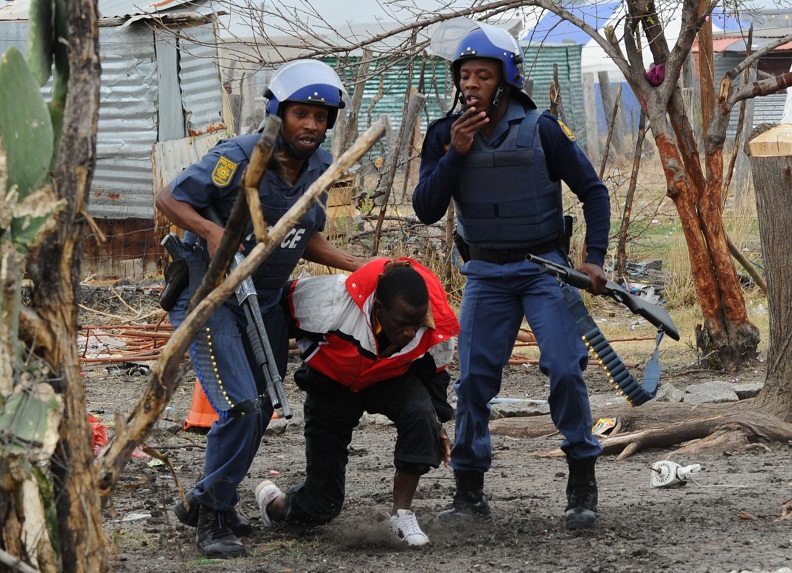Sixteen Egyptian rights groups sent a letter to Zeid Ra’ad, the UN high commissioner for human rights, detailing the state of human rights in Egypt and presenting their recommendations for ending the deteriorating situation.
“The letter was sent hours before the high commissioner is scheduled to address the 31st session of the UN Human Rights Council, convened in Geneva on March 10,” a statement by the NGOs said Wednesday.
The NGOs stated that the letter “reviews significant recent developments in seven major issues of concern, including extrajudicial killings and police brutality; imprisonment, torture, and ill treatment; freedom of association and assembly; the suppression of media and artistic freedoms and draconian measures against cultural and academic institutions; economic and social justice; women’s rights; and religious freedoms.”
The letter expressed the following recommendations to improve the state of human rights in Egypt: the Protest Law must be amended by the parliament to be brought in accordance with the Egyptian constitution, Egypt’s international obligations, and recommendations submitted during Egypt’s Universal Periodic Review (UPR); the proposed amendments to the definition of torture in Article 126 of the Egyptian Penal Code be brought in accordance with the more comprehensive definition found in the UN Convention against Torture, as well as amendments to Article 102 of the Police Authority Law. The latter amendments would align the Police Authority Law with the UN Basic Principles on the Use of Force and Firearms by Law Enforcement Officials. Finally, the NGOs recommended that Article 98(f) of the Penal Code related to blasphemy and the denigration of religion be repealed.
In the letter, the signatory organisations expressed their grave concern for the increasingly violent and shocking human rights violations committed by Egyptian authorities, noting that the war on terror has been used as a pretext for abuses amid an undeclared state of emergency supported by a clearly politicised judiciary.


